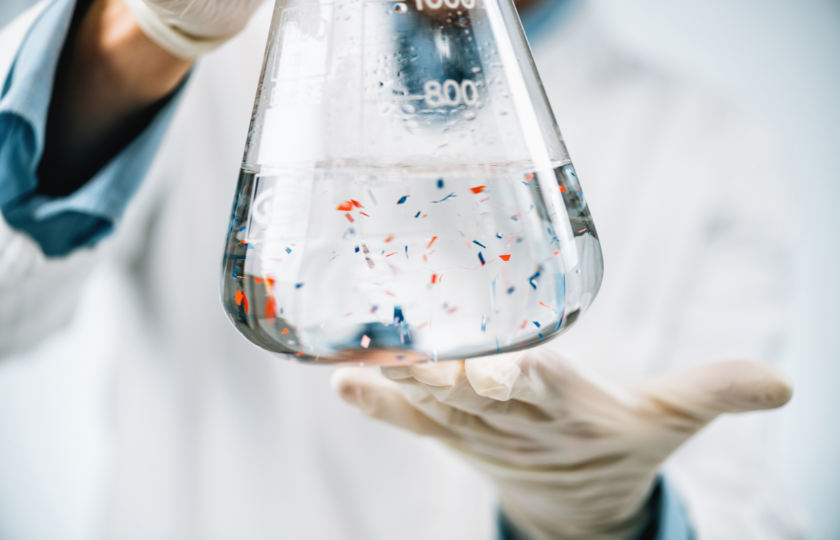Researchers from RMIT University, Australia, have discovered a neat way to “mop up” microplastics from water using magnets.
The team have developed magnet-like adsorbents (no, that is not a typo) in powder form that can remove microplastics 1000 times smaller than those currently detectable by existing sewage plants.
Adsorption is the adhesion of atoms, ions or molecules from a gas, liquid or dissolved solid to a surface. This process creates a film of the adsorbate on the surface of the adsorbent.
Professor Nicky Eshtiaghi, the lead researcher of the study, said while there are existing methods available, it takes them days to remove the microplastics. He claims their innovation, however, can achieve better results in an hour.
“The nano-pillar structure we’ve engineered to remove this pollution, which is impossible to see but very harmful to the environment, is recycled from waste and can be used multiple times,” said Eshtiaghi.
“This is a big win for the environment and the circular economy.”
Muhammad Hais, co-author of the study, explained that nanomaterials contained iron, which allowed them to use magnets to separate microplastics and pollutants from the water.
“This whole process takes one hour, compared to other inventions taking days,” he said.
Microplastics smaller than 5 millimetres can take up to 450 years to degrade and are not detectable through conventional treatment systems, resulting in tonnes being released into the waterways yearly.
The researchers said they have successfully tested the adsorbents in the lab, and they plan to engage with the industry to develop and scale the innovation.



